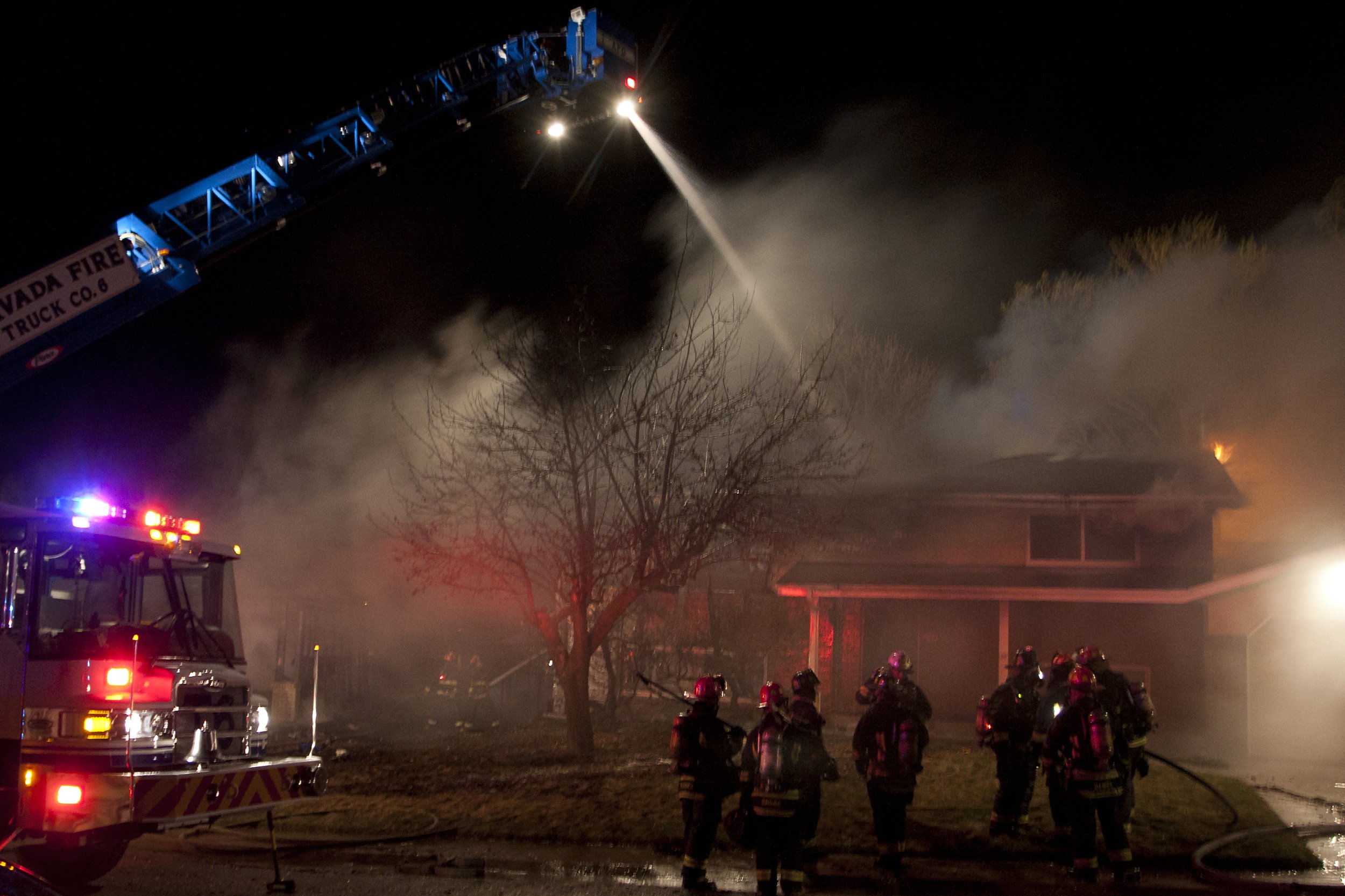
Managing Stress: Techniques for First Responders
As a first responder, you are called to serve and protect your community in some of the most challenging and stressful situations. The nature of your job exposes you to traumatic events and high-stress environments, which can take a toll on your mental and emotional well-being. That's why managing stress is so important for first responders.
But what is stress?
Stress is the body's response to a perceived threat or challenge. It can be physical, emotional, or cognitive. Stress can be beneficial in small doses, as it can motivate you to take action and overcome challenges. However, chronic stress can have negative effects on your physical and mental health.
For first responders, stress can come from a variety of sources, including:
Exposure to traumatic events
Long working hours
Shift work
Lack of control over work schedule
Lack of support from colleagues and supervisors
But how can you manage stress?
Here are some techniques that can help:
Practice mindfulness and meditation: Mindfulness is the practice of paying attention to the present moment without judgment. It can help you stay grounded in the present and reduce stress and anxiety. Meditation is a practice that can help you focus your mind and improve your ability to cope with stress.
Engage in relaxation techniques: Relaxation techniques such as deep breathing, progressive muscle relaxation, and yoga can help you relax and reduce stress.
Exercise: Regular exercise can help to release endorphins, which are chemicals in the brain that act as natural painkillers and mood elevators.
Get enough sleep: Sleep is essential for physical and emotional well-being. Lack of sleep can make you feel more stressed and anxious.
Set and achieve realistic goals: Setting and achieving goals can give you a sense of purpose and accomplishment, which can help boost your resilience. But make sure your goals are realistic and that you can measure progress towards achieving them.
Seek professional help when needed: It's important to remember that stress is a normal part of life and sometimes, you may need help from a therapist, counselor, or support group to work through difficult situations. Don't be afraid to ask for help when you need it.
At Beyond the Call of Duty, we offer classes, resources, and support to help first responders manage stress and take care of themselves, both on and off the job. Our classes such as "Stress Management and Resilience for First Responders" and "Trauma-Informed Care for First Responders" can help you develop the skills you need to manage the emotional and psychological impact of the events you may encounter on the job. Don't wait, take control of your mental and emotional well-being today, enroll in our program, download our free ebook, "Stress Management and Resilience for First Responders: A Guide to Coping with Traumatic Events", and check out our other resources such as "Managing Stress: Techniques for First Responders" and "Building Resilience: Strategies for First Responders" articles.

